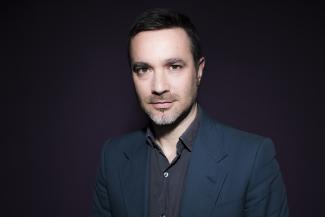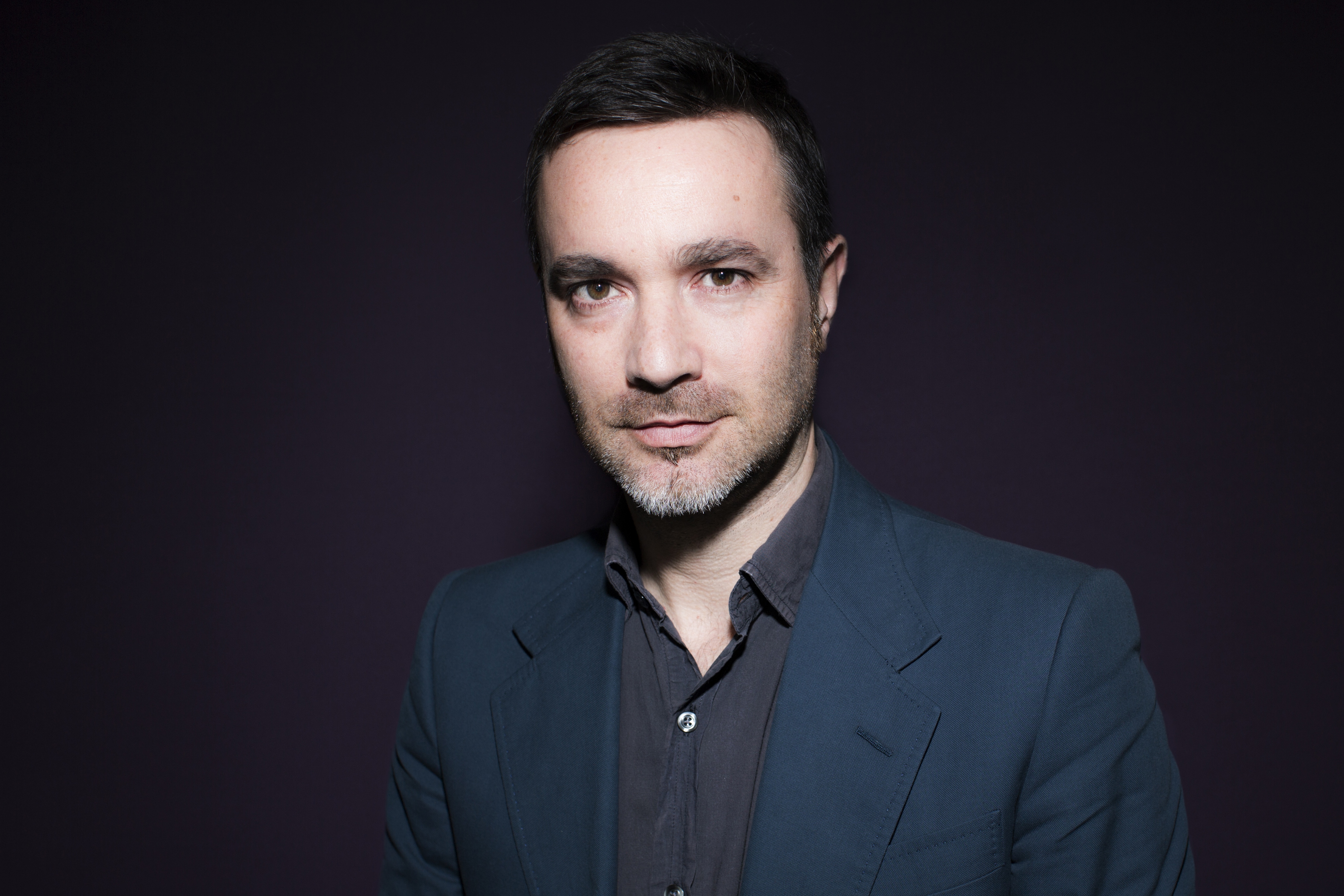Anglo-French dialogue - "What is the cost of the non-regularisation of undocumented migrants?"

Practical information
First Meeting of the Anglo-French Policy Dialogue on Regularisation and Co-Development: "What is the cost of the non-regularisation of undocumented migrants?".
A project by Ifri in collaboration with the Barrow Cadbury Trust, under the supervision of Dr. Christophe Bertossi.
One main objective of the European Pact on Immigration and Asylum is to put an end to systematic and collective regularisation of undocumented migrants by some countries. These regularisations are perceived by some Member States as mutually contradictory national migration policies in a European space without internal borders (Schengen). Instead, the Pact proposes a "case-by-case regularisation" policy.
These contradictions have been addressed mainly through two different perspectives. A first approach emphasises the difficulties for one country to regularise undocumented migrants while others do not, but it cannot envisage what policy would be the most adapted at a European level (regularisation or not?). The second approach highlights how crucial regularisation is in dealing with the de facto presence of undocumented migrants in Europe, but does not take into account how sensitive European public opinion is regarding these issues (how could regularisation be made acceptable by European public opinions of Northern European countries?). As a result, it is far from sure that a non-regularisation policy is viable in Europe. It could even be counter productive.
Consequently, the project proposes a dialogue about the complex issue of irregular immigration and help deconstruct the rationale behind regularisation/non-regularisation policies in European countries. It highlights the specific imperatives each state has to face (respective policy choices, labour market situation, etc.). It also reveals the underlying costs and benefits of each of them, with an emphasis on both the receiving societies and the undocumented migrants in Europe.
Speakers
Other events

From Ambition to Action: Exploring Technological Partnerships with India
The 16th EU-India Summit, held on January 27th in New Delhi with European leaders António Costa, Ursula von der Leyen, and Prime Minister Narendra Modi, marks a significant milestone in deepening EU-India relations. At the same time, official bilateral visits from EU member states are on the rise, including that of the French President, who visited India in February to participate in the Artificial Intelligence Summit. As India asserts its technological ambitions and seeks to reduce its dependence on China, Europe is stepping up its efforts to diversify its strategic partnerships.

The Enlargement of the European Union: A Strategic Choice? France, the Western Balkans and the EU in an Uncertain Geopolitical Context
Russia’s war against Ukraine has brought the enlargement of the European Union back to the centre of European strategic debates. In this context, the Western Balkans have regained heightened visibility in discussions on the continent’s security, at a time when the international environment is marked by a growing number of destabilising factors.








